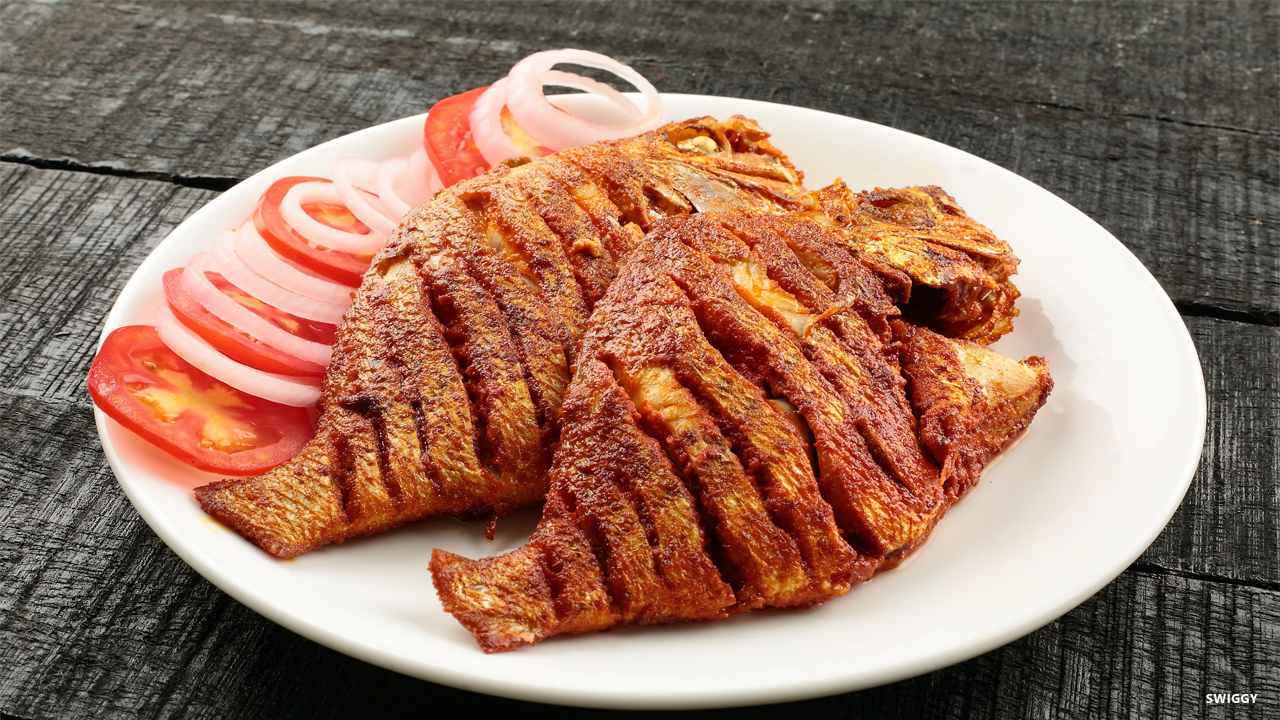Omega3 fatty acid has always been associated with several health benefits. Many food items are a source of Omega3 fatty acid. However, fish is the highest source of it. Those who are vegetarians by birth or those who have turned vegetarian for spiritual or religious reasons can derive Omega3 from food items like walnut, sesame seeds, wheatgrass, etc. One can also consume Omega3 store-bought supplements. However, those who are non-vegetarian and prefer poultry or meat over fish should know that there are many benefits of including more fish in your diet.
Omega3 which is generously available in fish leads to:
- Good cardiovascular health
- Lower mental decline in patients
- Reduction of blood pressure levels
- Enhancement of eye-sight
- Lower cholesterol
- Lesser depression
- Prenatal and postnatal neurological development
- Prevention of Alzheimer’s disease
- Good quality of skin and hair
- Respite from inflammations
In India, fish varieties with high Omega3 fatty acids are Rohu (Carpo Fish), Rani (Pink Fish), Surmai (King Mackerel), Katla, Rawas, Hilsa, Pomfret, Bangda (Indian Mackerel), Pedve (Indian Oil Sardines), Singhara, etc.
More than deep frying, fish is advisable either steamed or roasted. If you want you can consume fish daily in moderation. Some people worry about whether to eat fish during pregnancies or not. Pregnant ladies should use fish in their diet as Omega3 is good for the child’s growth. Indian cooking habits are such that we generally fry fish. Try to find fish recipes that do not require fish to be deep-fried because deep-fried food items have their side effects as well. You would find quite a lot of low-oil recipes. Plan your platters with healthy fish cooked in health-effective ways.

 Fish is low in calories and high in protein. “Good Fat†or Omega3 fatty acid is available in fish which has powerful health benefits.
Fish is low in calories and high in protein. “Good Fat†or Omega3 fatty acid is available in fish which has powerful health benefits.



















.jpeg)



.jpg)




.jpg)





.jpeg)

.jpg)


